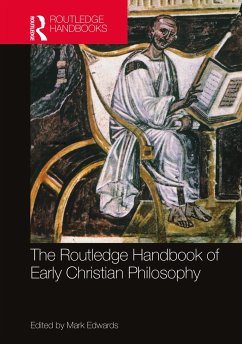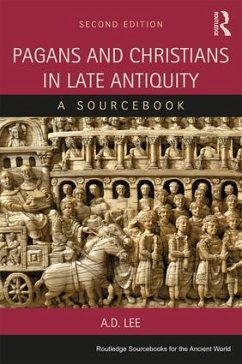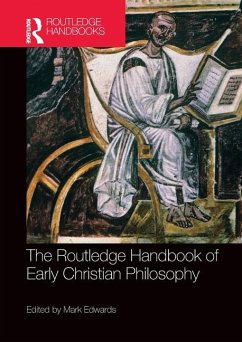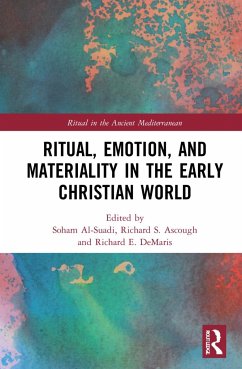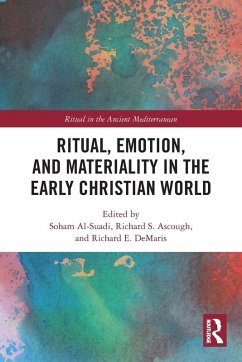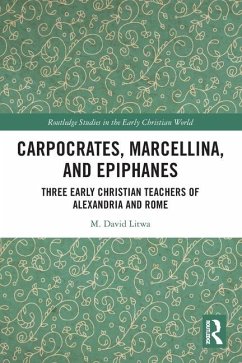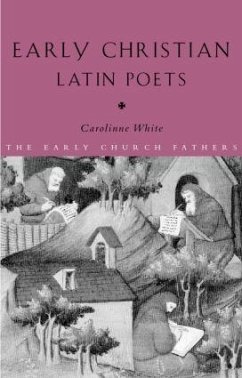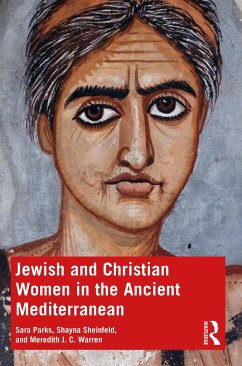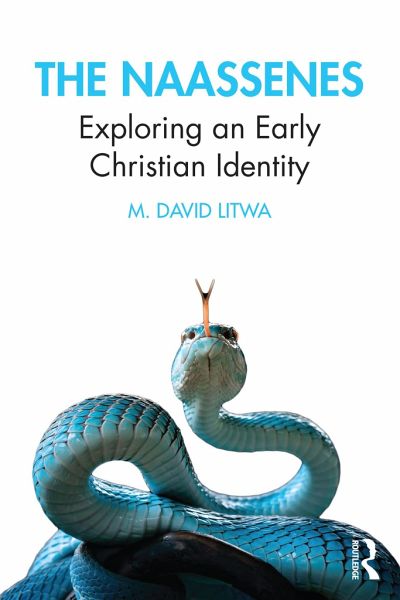
The Naassenes
Exploring an Early Christian Identity
Versandkostenfrei!
Versandfertig in 6-10 Tagen
43,99 €
inkl. MwSt.
Weitere Ausgaben:

PAYBACK Punkte
22 °P sammeln!
This volume offers an accessible investigation of the Naassene discourse embedded in the anonymous Refutation of All Heresies (completed about 222 CE), in order to understand the theology and ritual life of the Naassene Christian movement in the late second and early third centuries CE.The work provides basic data on the date, genre, and provenance of the Naassene discourse as summarized by the author of the Refutation (or Refutator). It also offers an analysis of the Refutator's sources and working methods, an analysis which allows for a full reconstruction of the original Naassene discourse....
This volume offers an accessible investigation of the Naassene discourse embedded in the anonymous Refutation of All Heresies (completed about 222 CE), in order to understand the theology and ritual life of the Naassene Christian movement in the late second and early third centuries CE.
The work provides basic data on the date, genre, and provenance of the Naassene discourse as summarized by the author of the Refutation (or Refutator). It also offers an analysis of the Refutator's sources and working methods, an analysis which allows for a full reconstruction of the original Naassene discourse. The book then turns to major aspects of Naassene Christianity: its intense engagement with Hellenic myth and "mysteries," its biblical sources, its cosmopolitan hermeneutics, its snake symbology, as well as its distinctive approach to baptism, hymns, and celibacy. A concluding chapter outlines all we can securely reconstruct about the Naassene Christian movement in terms of its social identity and place in the larger field of early Christianity and ancient Mediterranean religions more broadly.
The Naassenes: Exploring an Early Christian Identity is suitable for students, scholars, and general readers interested in Early Christianity, Gnostic and Nag Hammadi Studies, Classics, and Ancient Philosophy, as well as hermeneutical issues like allegory and intertextuality.
The work provides basic data on the date, genre, and provenance of the Naassene discourse as summarized by the author of the Refutation (or Refutator). It also offers an analysis of the Refutator's sources and working methods, an analysis which allows for a full reconstruction of the original Naassene discourse. The book then turns to major aspects of Naassene Christianity: its intense engagement with Hellenic myth and "mysteries," its biblical sources, its cosmopolitan hermeneutics, its snake symbology, as well as its distinctive approach to baptism, hymns, and celibacy. A concluding chapter outlines all we can securely reconstruct about the Naassene Christian movement in terms of its social identity and place in the larger field of early Christianity and ancient Mediterranean religions more broadly.
The Naassenes: Exploring an Early Christian Identity is suitable for students, scholars, and general readers interested in Early Christianity, Gnostic and Nag Hammadi Studies, Classics, and Ancient Philosophy, as well as hermeneutical issues like allegory and intertextuality.





